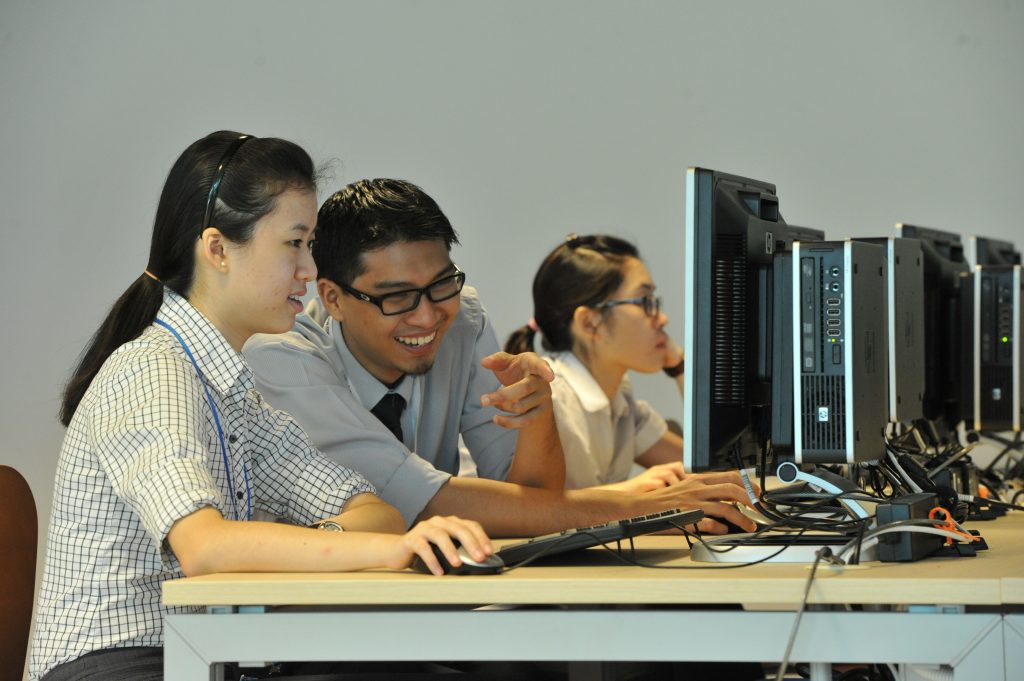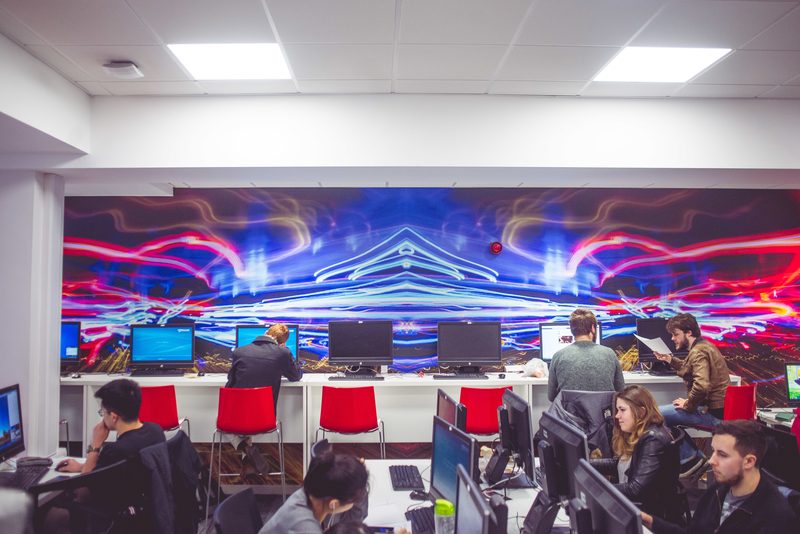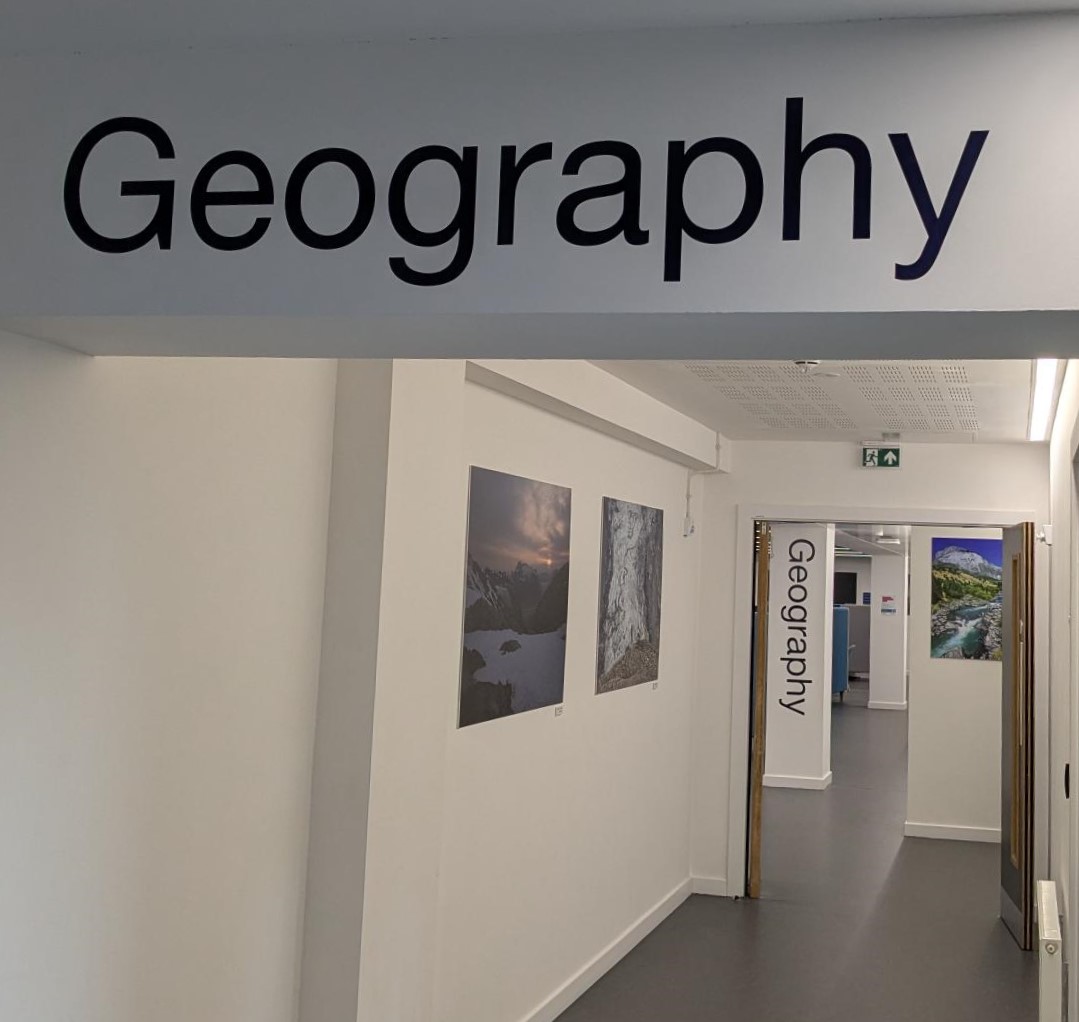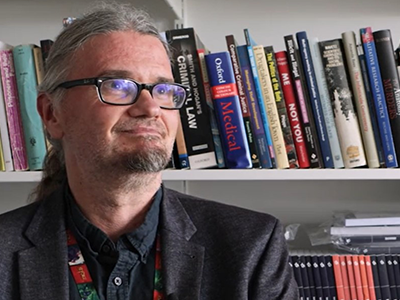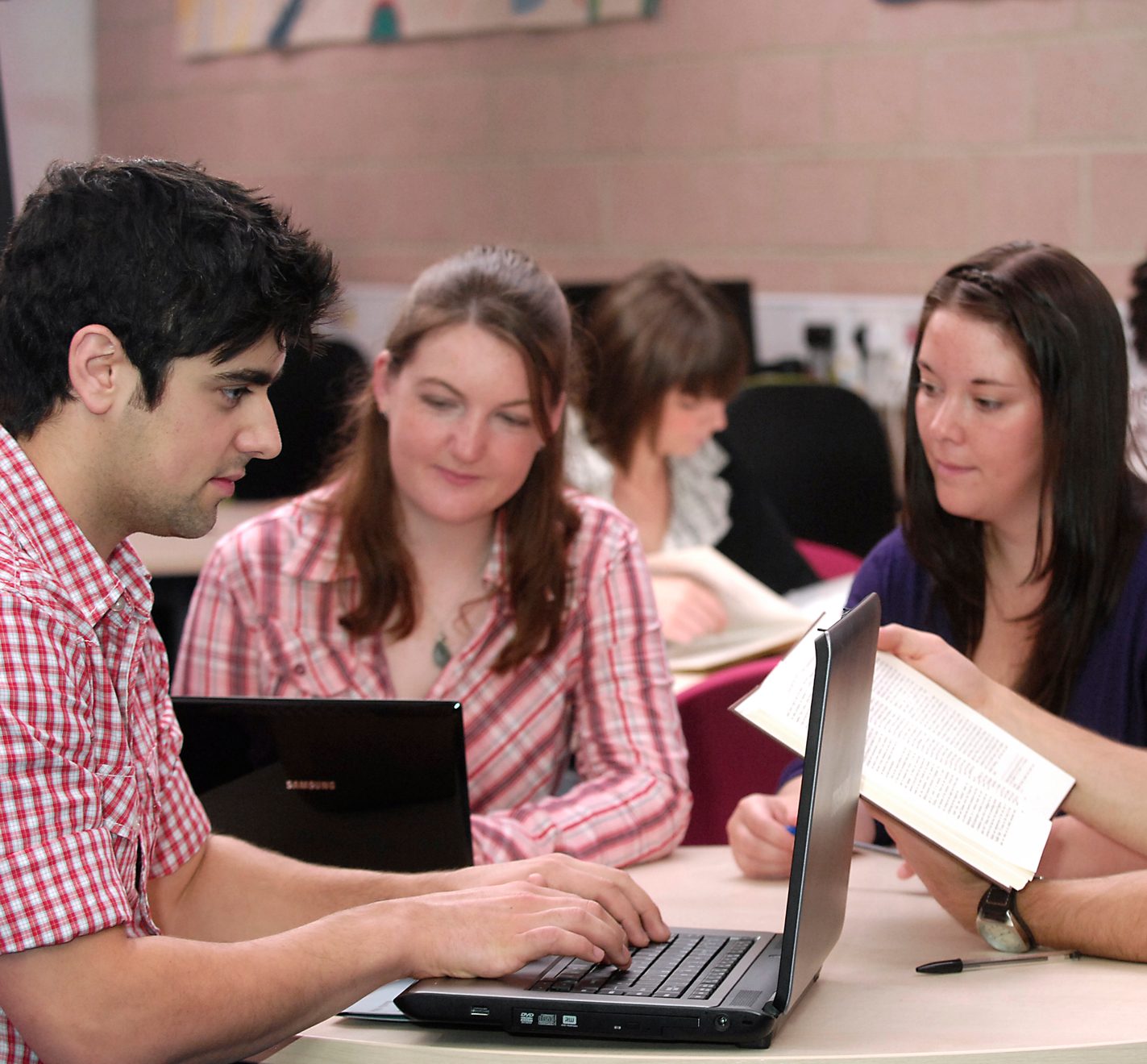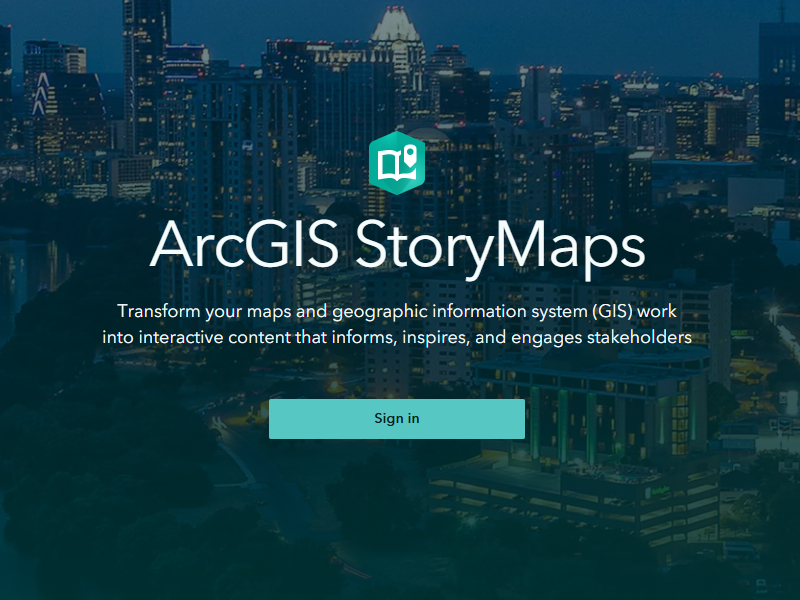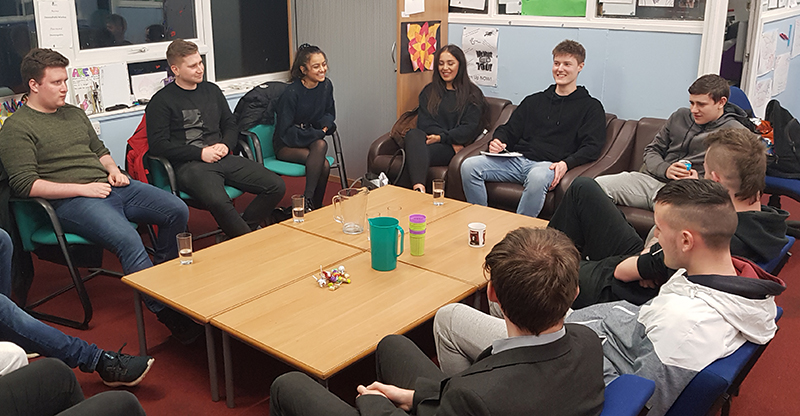find teaching ideas
Take a look at our LATEST CASE STUDIES
Perspectives on Team Teaching
Adam Badger, Lecturer in Economic Geography, discusses sharing module responsibilities in Geography.
Team Teaching in Geography: Building a Collective Approach to Programme Delivery
How structured team-teaching in the School of Geography supports curriculum resilience, and programme coherence.
From Classroom to Client: Integrating Practice and Critical Reflection in a PR Capstone
Building professional competency in Public Relations by connecting academic learning with industry practice through client briefs, portfolio development, and reflective academic writing
Team Teaching in Computing
Dr Jennifer Warrender discusses how the School of Computing have utilised Team Teaching across multiple modules.
Support to Study in Sociology
The Sociology programme embedded a clearer Support to Study model, giving students flexible, personalised deadlines to support wellbeing alongside work pressures, improving student autonomy, mental health outcomes, and satisfaction, despite increased staff workload.
Communicating to succeed: enhancing Bioscience students’ skills through science communication
Discover how a flexible, adaptable 3-week summer project focusing on science communication can enhance bioscience students’ academic and professional skill gains, placement attainment rates, confidence, as well as provide a transnational educational opportunity.
Embedding Sustainable Development through interdisciplinary problem-based learning
Dr Amy Proctor and Michelle Black reflect on how they embedded interdisciplinary problem-based learning into the design of a new module in SNES to help students explore sustainability challenges, develop a broad understanding of the SDGs and develop collaborative experiences and essential skills for future careers.
Using ArcGIS StoryMaps to practice digital storytelling
Dr David Hope reflects on using ArcGIS StoryMaps as a summative assessment for a second-year undergraduate module and offers practical advice and inspiration for colleagues interested in the potential of this digital tool as a form of authentic assessment.
Live Projects: An active learning approach working with external partners
An interdisciplinary Live Projects module where small teams tackled real climate and sustainability challenges for external partners. The module blended workshops, fieldwork, consultancy and online reflection to turn theory into practice, and practice into impact. Our challenge / opportunity SCX8004 was created to give MSc Leadership in Climate Change & Sustainability students more than lectures: Read more about Live Projects: An active learning approach working with external partners[…]
Street Law: Bringing Legal Education to Newcastle Community
More than 130 Newcastle Law School students translate theory into action by getting involved in one of several pro-bono /community-based projects. The projects are wide ranging, from delivering awareness raising sessions through the Street Law Project, to other social justice-based initiatives with various partners which allow students to participate in live-client advice and research campaigns. Read more about Street Law: Bringing Legal Education to Newcastle Community[…]

